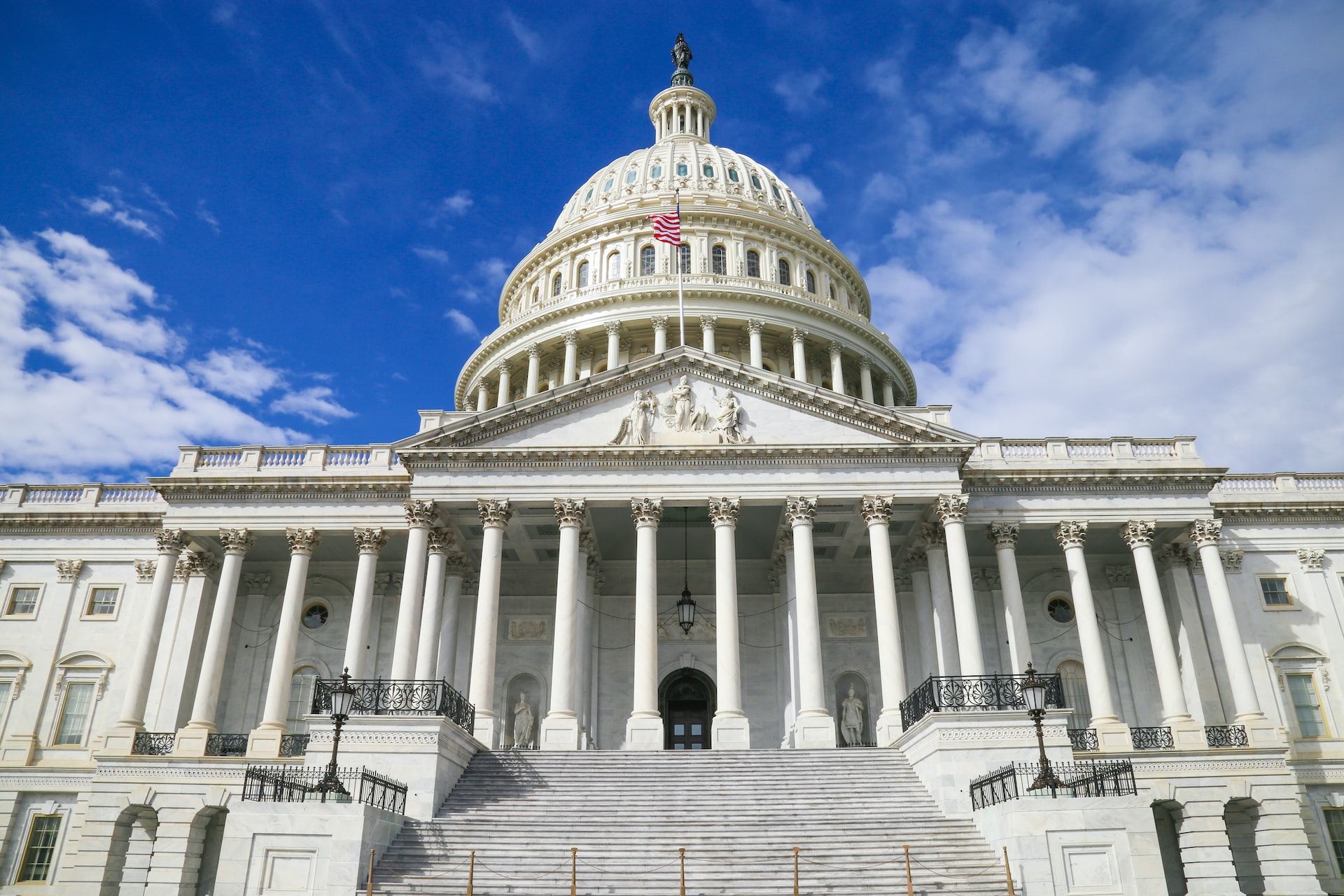The State of America's Direct Support Workforce Crisis 2024
New report sheds light on persistent problems facing community providers due to ongoing recruitment and retention challenges
Browse the Data
Capitol Correspondence - 07.06.21
SCOTUS Agrees to Hear Case on Recouping Cost of Medicaid Benefits from Salaries

Share this page
Stay Informed on the Latest Research & Analysis from ANCOR
More News
Capitol Correspondence - 12.23.24
Updated Regulatory Agenda Released
Capitol Correspondence - 12.23.24
ANCOR Submits Statement Honoring Senator Casey to Senate Aging Committee
Capitol Correspondence - 12.23.24
